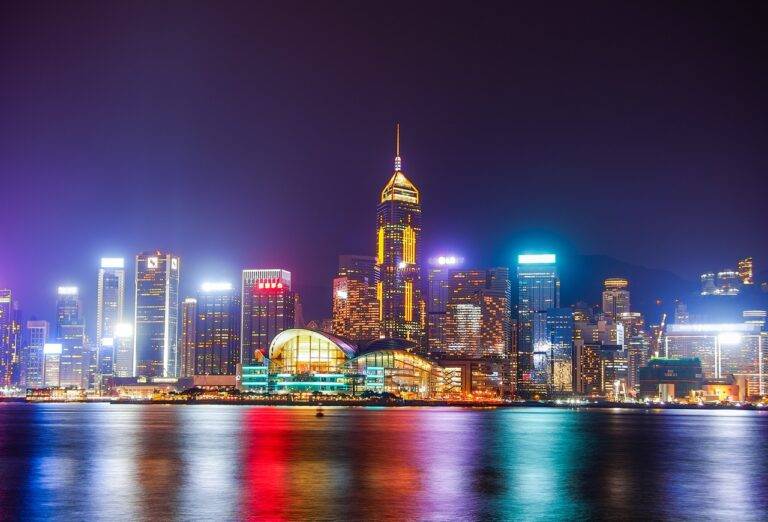Trends in Sustainable Event Planning: From Zero Waste to Carbon Neutrality: 11xplay.com login, India24bet 24, Skyexchange fair
11xplay.com login, india24bet 24, skyexchange fair: Sustainability has become a hot topic in the event planning industry, with more and more businesses and individuals looking to minimize the environmental impact of their events. From zero waste initiatives to striving for carbon neutrality, there are several trends shaping the future of sustainable event planning.
Zero Waste Events
One of the prominent trends in sustainable event planning is the move towards zero waste events. This involves minimizing the waste generated at events through measures such as composting, recycling, and reducing single-use plastics. Event planners are working with vendors to source sustainable materials, such as biodegradable utensils and compostable packaging, to help reduce the overall waste footprint of events.
Carbon Neutral Events
Another key trend is the push towards carbon neutrality in events. Organizers are increasingly looking to offset the carbon emissions associated with events by investing in carbon offset projects. This can include tree planting initiatives, renewable energy projects, or funding projects that capture and store greenhouse gases. By offsetting their carbon footprint, event planners can help mitigate the environmental impact of their events.
Sustainable Transportation
Transportation is a significant contributor to carbon emissions, especially for events that attract attendees from far and wide. Sustainable event planners are now looking for ways to encourage attendees to use public transportation or carpool to reduce their carbon footprint. Some events even offer shuttle services or bike rentals to promote greener transportation options.
Local and Organic Catering
Food and beverage choices can also have a significant impact on the sustainability of an event. Event planners are increasingly opting for locally sourced and organic catering options to support local farmers and reduce the carbon footprint associated with food transportation. By choosing seasonal and sustainable menu options, event planners can showcase their commitment to sustainability.
Reusable Decor and Branding
Many event planners are now opting for reusable decor and branding materials to minimize waste and promote sustainability. This can include using banners made from recycled materials, renting furniture instead of buying new, or opting for digital signage instead of printed materials. By reducing the amount of waste generated by events, planners can help create a more sustainable future for the industry.
Community Engagement and Education
A growing trend in sustainable event planning is the focus on community engagement and education. Event organizers are increasingly incorporating sustainability workshops, panels, and interactive activities into their programs to raise awareness about environmental issues and inspire attendees to make positive changes. By engaging with the local community and educating attendees about sustainability, event planners can create a lasting impact beyond the event itself.
FAQs
Q: How can I make my event more sustainable?
A: To make your event more sustainable, consider implementing measures such as zero waste initiatives, carbon offset programs, sustainable transportation options, local and organic catering, reusable decor and branding, and community engagement and education.
Q: How do I calculate the carbon footprint of my event?
A: You can calculate the carbon footprint of your event by assessing the energy consumption, transportation emissions, waste generation, and other factors associated with the event. There are online calculators and tools available to help you estimate the carbon footprint of your event and identify areas for improvement.
Q: What are some examples of sustainable event venues?
A: Sustainable event venues are those that prioritize eco-friendly practices, such as energy-efficient lighting, water conservation measures, waste management programs, and sustainable food options. Some examples of sustainable event venues include LEED-certified buildings, green rooftops, and venues located in close proximity to public transportation.
In conclusion, sustainable event planning is a growing trend in the industry, with event organizers looking to minimize their environmental impact and promote sustainability. From zero waste initiatives to carbon offset programs, there are several trends shaping the future of sustainable event planning. By incorporating these practices into their events, planners can create more eco-friendly and socially responsible experiences for attendees.







